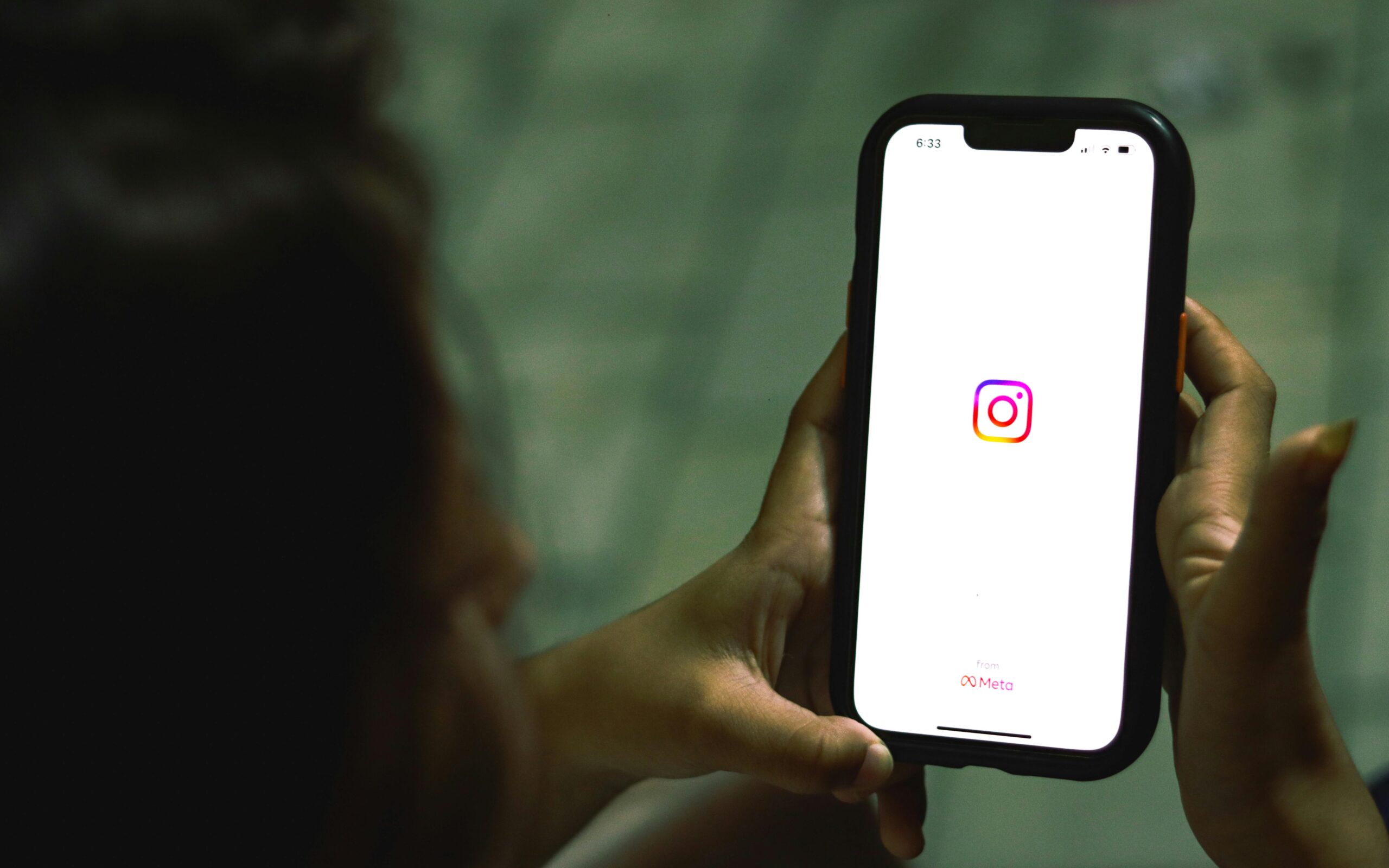15 Ways Social Media Affects Your Mental Health
Social media has become a fundamental part of modern life, influencing how we interact, connect, and perceive ourselves and others. While social media has numerous advantages, it also has a substantial impact on mental health.
Social media has a significant effect on mental health, ranging from promoting feelings of inadequacy to increasing anxiety and sadness. Here are 15 ways that social media might impact your mental health:
Comparison Trap
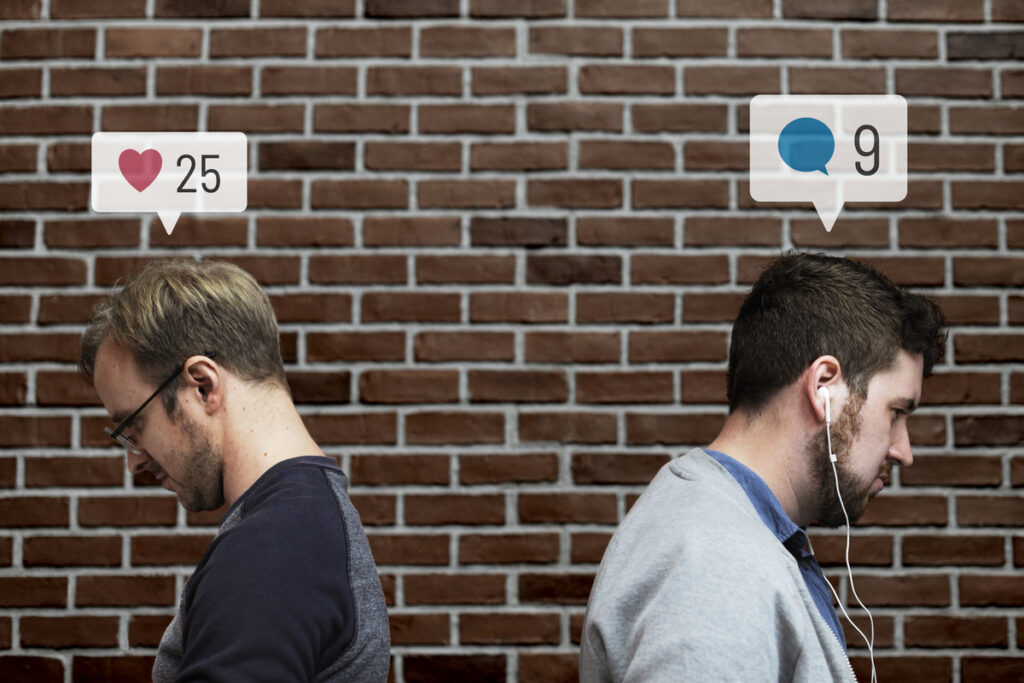
Constant exposure to controlled and idealized images and lifestyles on social media platforms can exacerbate feelings of inadequacy and lead to unhealthy competition. This comparison trap can lower self-esteem and lead to discontent with life.
FOMO (Fear of Missing Out)

Social media frequently provides a strange perception of reality for some people while others appear to live more interesting and rewarding lives. This can cause fear of missing out (FOMO) and compulsive checking of feeds, resulting in anxiety and a sense of being left out.
Cyberbullying
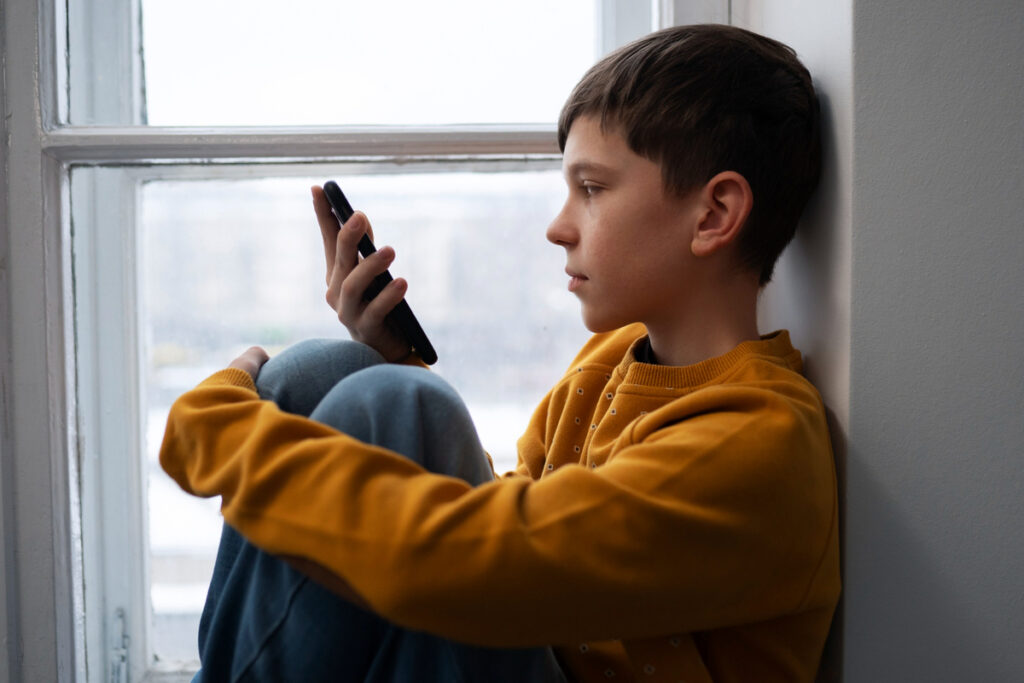
People who face abuse, harsh comments, or threats online may be more vulnerable to cyberbullying due to the anonymity and accessibility provided by social media. Cyberbullying can have serious psychological implications, such as elevated stress, sadness, and social isolation.
Addiction and Dependence
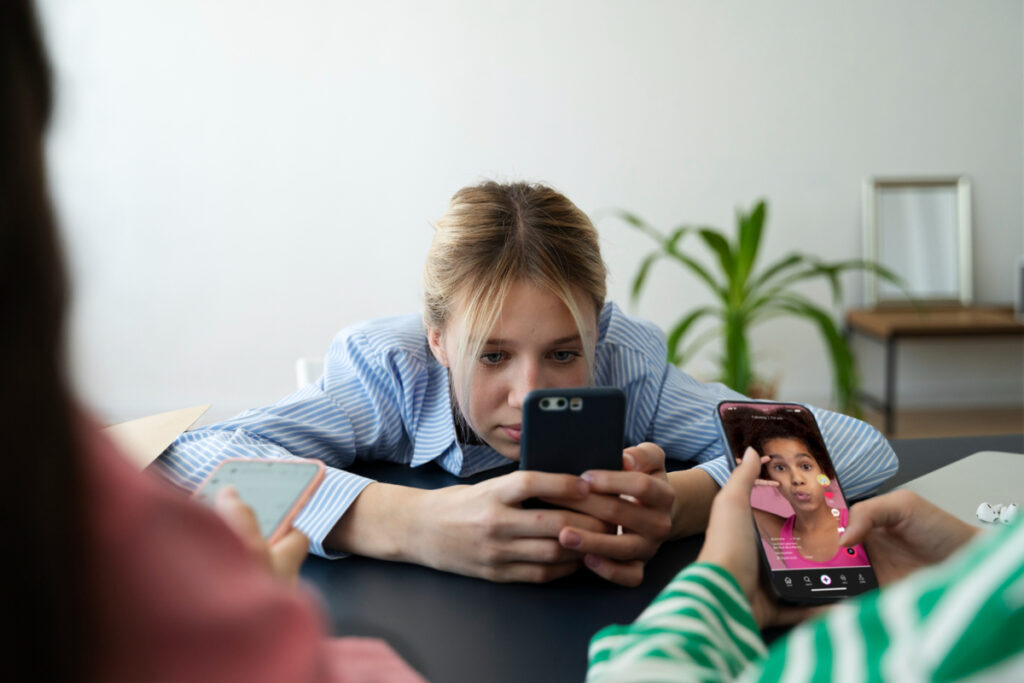
Excessive social media use can develop into addiction and dependency, resulting in withdrawal symptoms when users are unable to access their accounts. This addiction can disrupt daily activities, relationships, and overall well-being.
Sleep Disruption

The usage of social media before bedtime has been associated with interrupted sleep patterns and poor sleep quality. Exposure to blue light from screens and engaging in stimulating content can disrupt the body’s natural sleep-wake cycle, contributing to insomnia.
Unrealistic Beauty Standards

Social media sites frequently promote false beauty standards, using filters, editing tools, and airbrushed photographs to create an unattainable concept of beauty. This can exacerbate body dissatisfaction, eating disorders, and low self-esteem, especially among sensitive groups like teens.
Validation Seeking Behavior
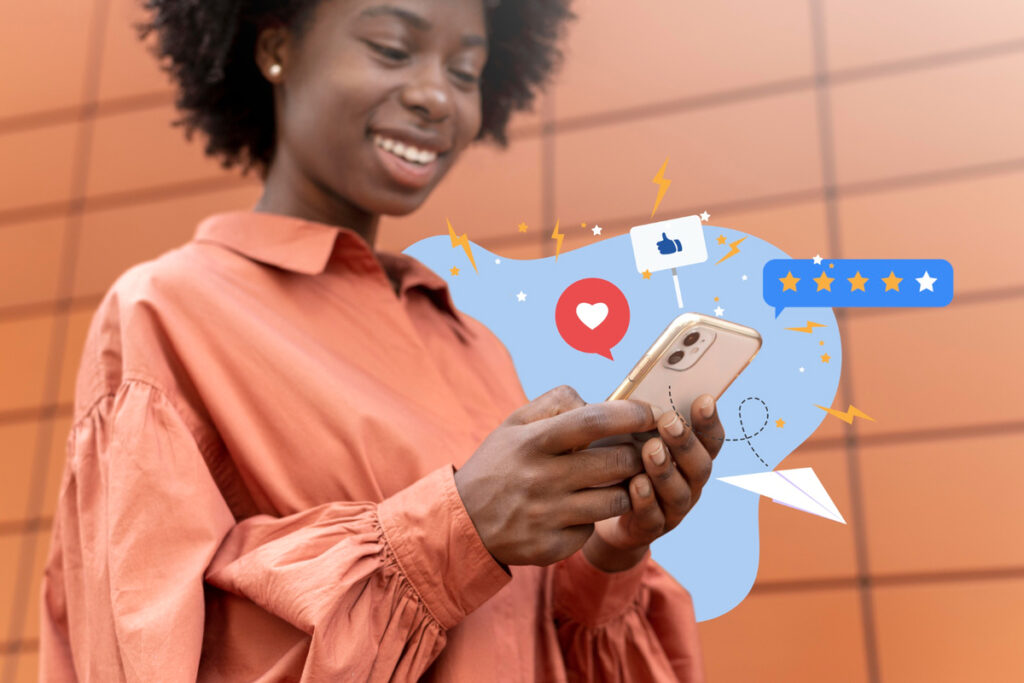
Obsessing over likes, comments, and shares on social media can result in validation-seeking behavior, in which people base their self-worth on external input. Relying on social media for validation can lower self-esteem and increase feelings of uneasiness.
Distorted Perception of Reality

The controlled nature of social media content might lead to a false view of reality. Users simply show the highlights of their lives, concealing hardships and challenges. As people compare their behind-the-scenes footage to the highlight reels of others, they may feel inadequate and isolated.
Decreased Face-to-Face Interaction
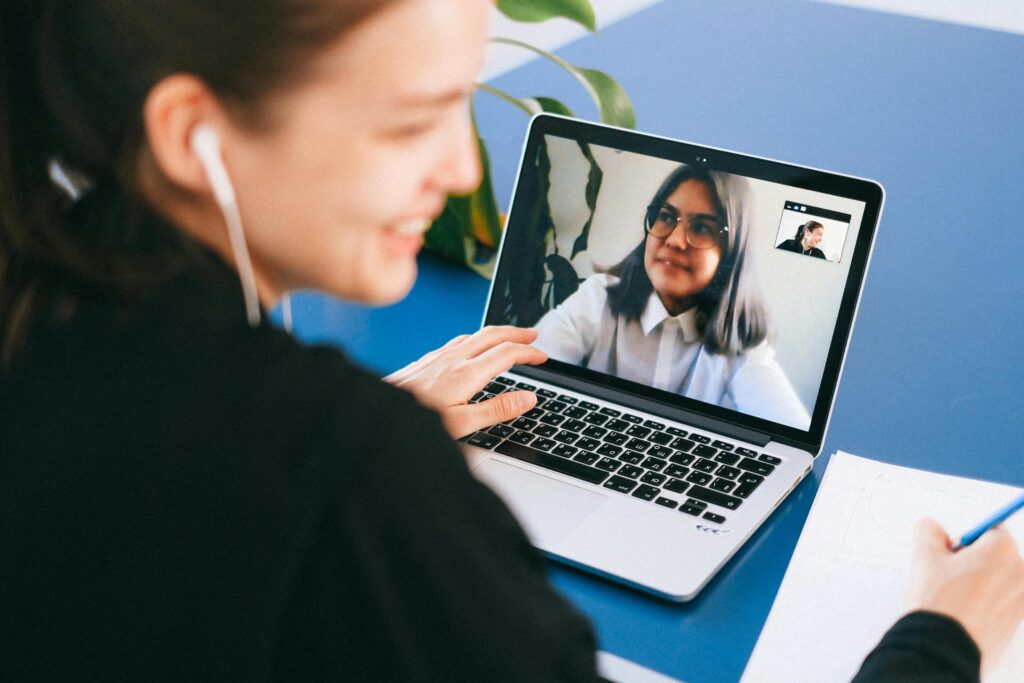
Excessive usage of social media can interfere with face-to-face engagement, leading to feelings of loneliness and social isolation. Depending solely on digital communication may degrade the quality of real-life interactions and impede the development of social skills.
Information Overload
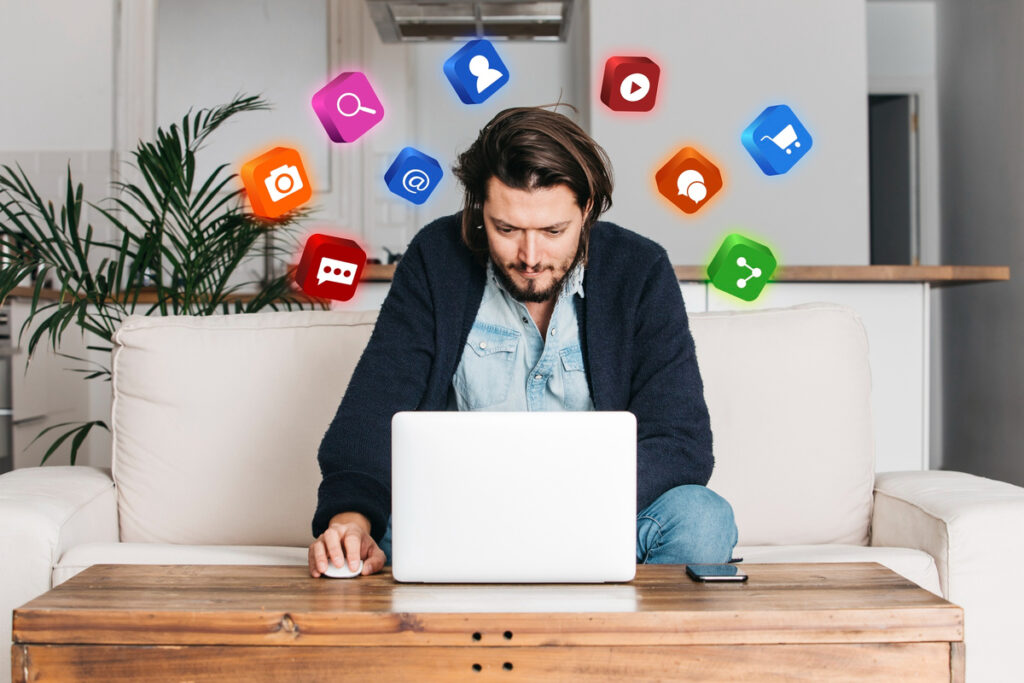
The constant stream of information and news on social media can be overwhelming, contributing to information overload. This might cause increased tension, difficulties concentration, and a feeling of being continuously on edge.
Impacts on Self-Identity

Social media can influence people’s self-identity and self-perception as they seek reinforcement and affirmation through their online personas. This can obscure the distinction between reality and virtual reality, resulting in a loss of authenticity and self-awareness.
Pressure to Conform

Social media promotes a conformist culture in which people feel pressured to fit in and follow societal norms and expectations. The urge to comply can inhibit uniqueness and authenticity, leading to feelings of alienation and separation.
Harmful Content Exposure
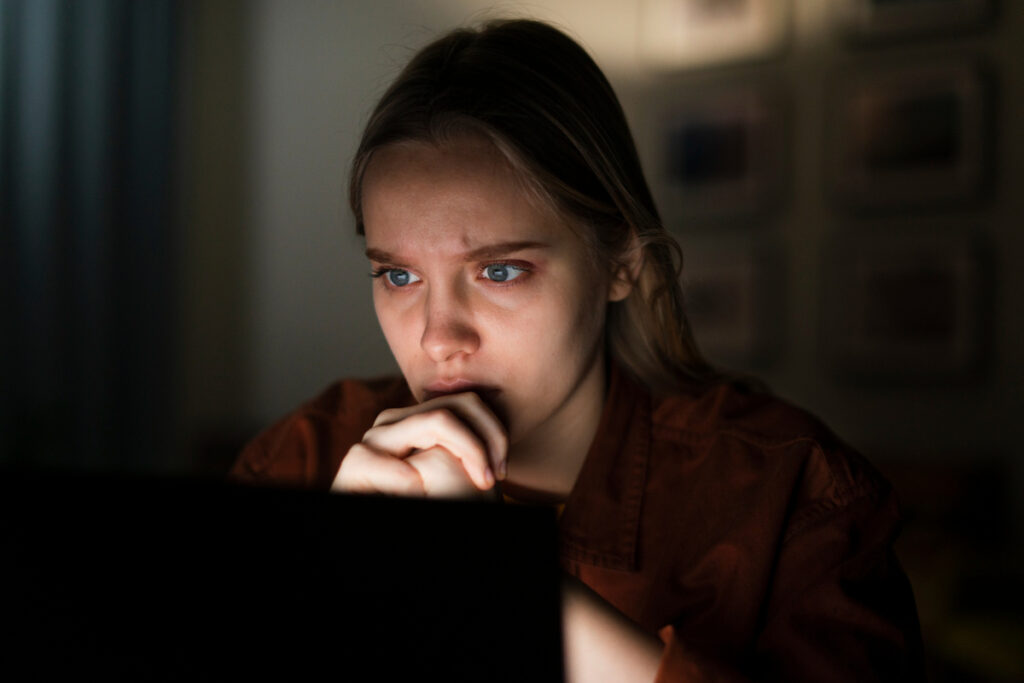
Exposure to negative or disturbing content on social media, such as news items, graphic photographs, or triggering posts, can be harmful to mental health. This exposure may aggravate anxiety, sadness, and post-traumatic stress symptoms.
Impact on Body Image

The emphasis on looks and physique on social media can have an impact on people’s thoughts and attitudes toward their bodies. Constant exposure to idealized body types can cause body dissatisfaction, eating disorders, and a mistaken perception of one’s own body.
Time Wasted

Excessive time spent on social media can take away from useful tasks, hobbies, and real-life experiences, resulting in regret, guilt, and discontent. This time spent on social media might lead to unhappiness and discontent with one’s life.
Related: 15 Clever Hacks To Reduce That Never-Ending Grocery Bill

Managing grocery expenses can be challenging for many households, especially with rising food costs and fluctuating budgets.
However, with some creativity and resourcefulness, you can implement numerous clever hacks to reduce your never-ending grocery bill without sacrificing the quality or variety of your meals.

